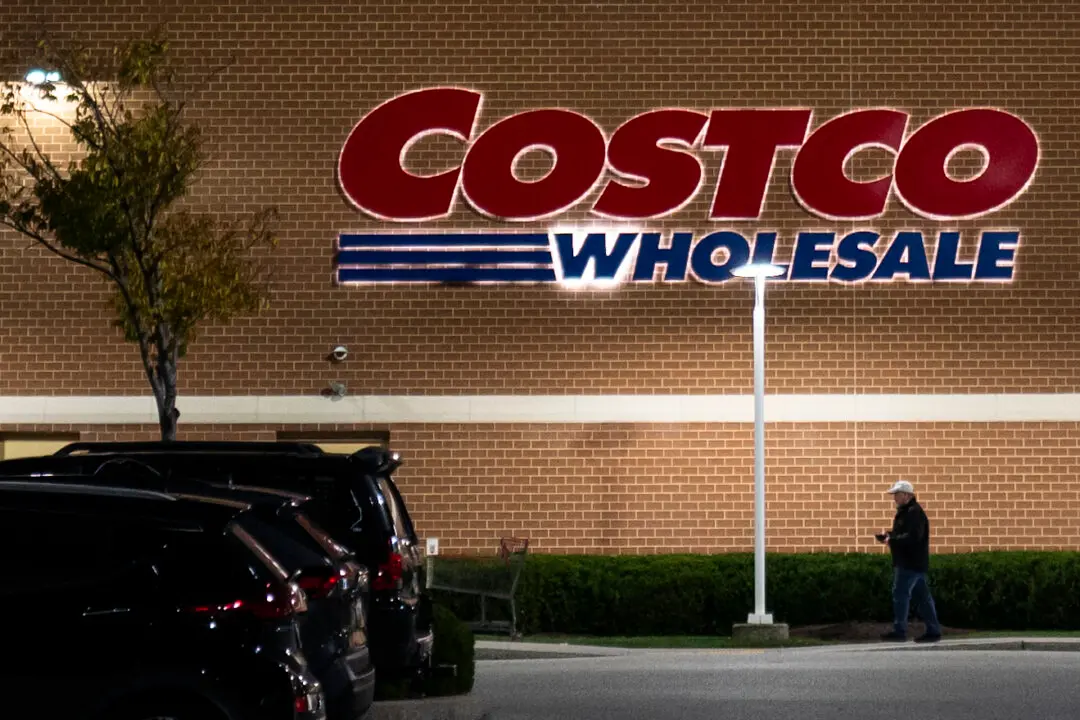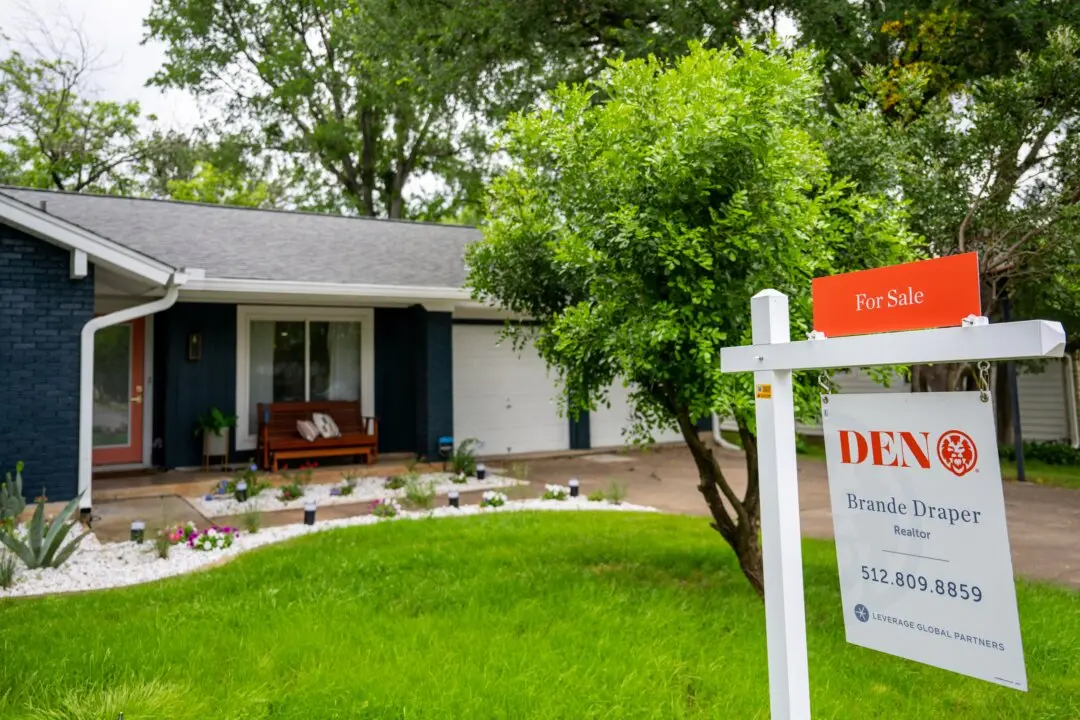Investor home purchases are down over 30 percent year-over-year nationwide, mirroring the trend of individual home purchases over the past several months. A recent report from Redfin indicates the third quarter drop is the largest decline since the Great Recession, with the exception of the second quarter of 2020 due to the Pandemic.
Investors bought approximately 65,000 homes in the metro areas tracked by Redfin in the third quarter, or 17.5 percent of all homes that were purchased. That number is down from 19.5 percent in the second quarter and 18.2 percent a year earlier. Translated to financial terms, investors went from buying $57.6 billion worth of homes at this time last year to $42.4 billion in the third quarter. This represents a decline of 26.3 percent.





